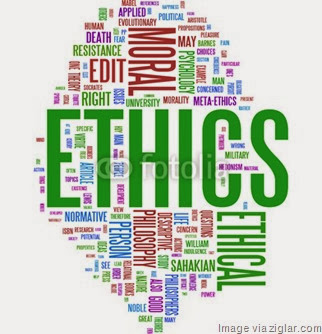
Microsoft took a big step into enterprise collaboration when it acquired Yammer, and an equally big step into VoIP when it bought Skype. Now it’s taking an investment in Zula, a new startup that is offering a solution for how those two kinds of services might potentially work together. The Israel-based mobile collaboration app co-founded by Jeff Pulver, one of the original people behind Vonage and VoIP, is today announcing a seed round from Microsoft Ventures.
The two are not publicly disclosing the amount of the investment, but I understand it’s not huge. What’s more important here is the significance of Microsoft taking an interest in the product, and putting its money where its mouth is.
“Improving team collaboration on mobile devices has a huge potential for customers of all sizes,” said Rahul Sood, general manager of Microsoft Ventures, in a statement. “Zula has created a brilliant app that brings your team together in a seamless way to get more work done.” The investment from Microsoft is effectively Zula’s second seed round, with previous funding coming from OurCrowd, Kima Ventures, Gigy Levy, and others.
Putting money where Microsoft’s mouth is is part of the philosophy behind Microsoft Ventures, announced earlier this year, which is a new initiative from Microsoft that brings together its BizSpark program for free software and other resources for startups; the Microsoft Accelerator; and now also seed investments in startups to build on the investment work Microsoft was already doing through the Bing Fund. This is the second investment Microsoft Ventures is making in Israel; the first was another enterprise mobility startup called SkyGiraffe, also for an undisclosed amount.
Zula, which was first unveiled to the world in July of this year, went on to appear in the TechCrunch Disrupt Battlefield in San Francisco in September as the audience choice. Since then, the company tells me that it is currently onboarding “hundreds” of companies, although it is declining to disclose numbers. The app gives groups of users a secure way to create text-based conversations on a messaging platform, then initiate voice calls instantly through the platform as well as share files (integrating with Dropbox among other storage options). It is free for now, although the plan is to launch paid features in the future. The company recently launched an Android version to complement its iOS app.
The idea is to use the funding from Microsoft to further develop new features, including an HTML5 web client and – although this is not stated – a possible focus on how to bring the service to Windows platforms? “We are thrilled to have Microsoft Ventures on board with our vision. With their support, we intend to bring team communication and more advanced features for groups of all sizes. We are only getting started,” said Pulver, who co-founded Zula with Jacob Ner-David, who is now CEO. Ner-David is a serial entrepreneur and previous CEO of Delta Three.









